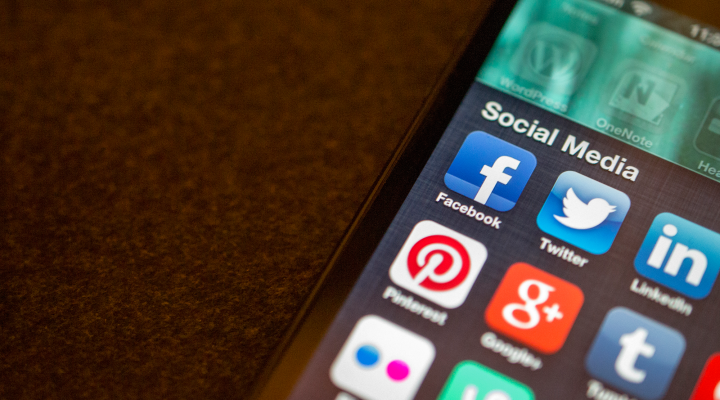In the days after I deleted Instagram I would open the social media folder on my phone and tap the screen where the app used to sit: it was muscle memory. A few weeks later, that stopped.
The social media detox seems to be a trend of 2019. In January, De Montfort University in Leicester unplugged its seven social media platforms to encourage students to take a digital holiday of their own. But why?
There are several reasons: rekindling relationships with the outside world; freeing up time wasted on endless scrolling; and helping to maintain mental health.
The constant stream of photos and videos that we’re bombarded with effects us in ways that are unknown.

Research by psychologist, Marryanne Garry, suggests that the overabundance of images may well be damaging our capacity to remember things, because we no longer have time to properly process the photos we see.
Yet, this is just one potential adverse effect in a pool of health-damaging outcomes.
Social media is a selective platform. It gives people the ability to cherry-pick the best parts of their lives, and leave out all the undesirable buts in-between.
This could lead to a seriously harmful dynamic: one that forces the user into feeling they have to maintain an apparent glamorous and perfect lifestyle. And one that may cause the follower to feel that their life isn’t all that great.
A study carried out at the University of Pennsylvania in 2018 suggests my previous assumption to be true. Students were asked to limit their social media usage to less than 30 minutes a day. After doing this for three weeks, each student claimed to feel significantly better about themselves and their lives.
The study had the benefit of being exactly that: a study. Although it proved successful, the full effects of social media are often felt when it’s all too late.
The case of Molly Russel, the 14-year-old who took her own life after being exposed to disturbing images of self-harm and suicide on Instagram, is one that exposes the harsh realities of social media.

This week, the UK Parliament’s Science and Technology Committee called for social media companies to have a duty of care, as their report found an unnerving amount of adverse effects on a survey of more than 3,000 children: damaged sleeping patterns, body image issues, and depressive states to name a few.
These adverse effects are as likely to be present in age groups across the board as they are in children.
And so, as a point of reflection, when you next post a photo on Instagram, update your Snapchat story, or check-in somewhere on Facebook, ask yourself this: Who am I doing this for?
Feature Image Credit: Jason Howie

